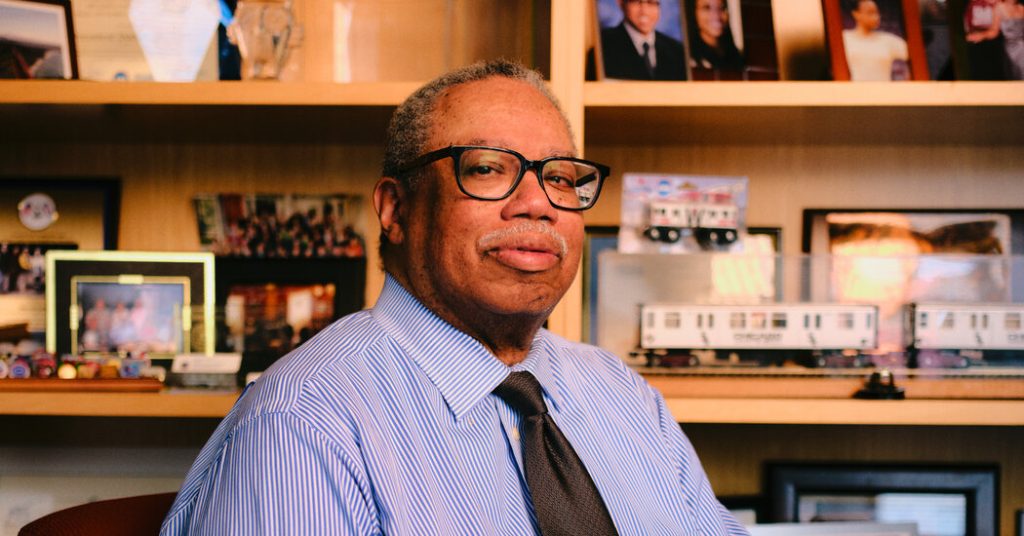Dorval R. Carter Jr., the president of the Chicago Transit Authority (C.T.A.), has come under fire for the state of the city’s public transportation system. Critics have called for his removal, citing financial problems, sluggish service, and safety concerns on L trains and buses. The Chicago City Council is expected to introduce a resolution calling for his ouster, with widespread support from council members. The challenges facing public transit systems in cities like Chicago are complex, with no easy solutions in sight as the city works to recover from the pandemic.
Despite the criticism, Mr. Carter has defended his leadership, pointing to signs of progress within the agency. He highlighted a decrease in transit crime and an increase in ridership, indicating some positive developments. However, transportation advocates argue that Chicago lags behind other major cities in restoring public transit services. They attribute the problems to a lack of public accountability within the agency and a dismissive culture towards public concerns. The looming budget gap and staffing shortages have further complicated efforts to improve the system.
The issue of hiring and retaining employees, particularly train operators, has been a major obstacle for the C.T.A. Staff losses during the pandemic, coupled with slow hiring processes and training requirements, have left the agency struggling to maintain adequate service levels. The agency is facing a significant budget shortfall in the coming years as federal relief funding dries up. This financial challenge has exacerbated existing problems within the transit system, making it difficult to address ongoing issues.
Before the pandemic, the C.T.A. was praised for modernizing its system and attracting federal funding for improvements. Chicago’s public transit system has long been a key feature of the city, allowing many residents to live car-free. However, the recent struggles facing the agency have put this reputation at risk. Commuters and advocates argue that a well-functioning transit system is essential for a city of Chicago’s size and population. The ongoing challenges with the C.T.A. highlight the importance of addressing issues related to staffing, funding, and accountability within the agency.
Despite the criticism and calls for his removal, Mr. Carter remains committed to his role as the president of the C.T.A. He acknowledges the public disapproval but expresses his dedication to improving the system and serving the city of Chicago. As the city works to recover from the pandemic and restore public services, the future of the C.T.A. remains uncertain. The challenges facing the agency are part of a broader national trend, with many cities grappling with similar issues in their public transit systems. Finding solutions to these challenges will be critical in ensuring the continued success and viability of public transportation in urban areas like Chicago.


